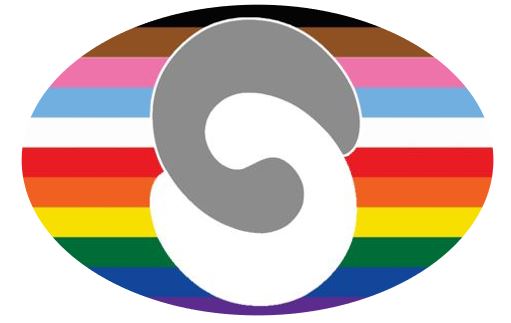I made it! I must be some sort of important badass to finally have imposter syndrome.
According to my good friend Wikiipedia, imposter syndrome is the “psychological pattern in which one doubts one’s accomplishments and has a persistent internalized fear of being exposed as a ‘fraud.’”
I would phrase it this way: Instead of having garden variety mean thoughts directed at oneself, these are mean thoughts targeted specifically at one’s success.
I’ve been hoping for imposter syndrome for a while.
Reading about imposter syndrome is confounding. When I come across articles about amazing people and the awful thoughts occurring in their inner worlds, I want to shake them. “Don’t you realize how much good you do?” I long to say. “Why would you think this way? Is it Opposite Day? Your thoughts aren’t just slightly ridiculous – they’re 100% gobsmackingly silly!”
Having imposter syndrome is a badge of honor. Some terrific white guys have reported having it like Neil Armstrong and Tom Hanks. But women are really good at it.
A shout out to potent females
The term was first coined in 1978 by two researchers – Pauline Rose Clance and Suzanne Ament Imes – to understand the emotional pain of so many high achieving women. The self doubt, the discounting of praise. I know these symptoms. But if one happens to be a high achieving woman of color – the opportunities for this mental malady skyrockets. Maya Angelo had this to say on the subject: “I have written 11 books, but each time I think, ‘Uh oh, they’re going to find out now. I’ve run a game on everybody, and they’re going to find me out.'”
Jaysus. If Maya had it, it’s got to be good.
Jean’s version
So how does this play out in my sweet little psyche? Here’s an example. Not long ago, I thought of a creative idea that might help spread the word about Cuddle Sanctuary while also being fun for me to implement.
I felt that ethically, I needed to run the idea by a trusted friend to double check my intentions. Were they pure enough? I reminded him of my perceived failings so he had the relevant information in his mind as he formulated his prognosis. He affirmed: my self doubt on the subject was bonkers. This is when I knew for sure that I had made it to the promised land:
I now consider myself with a validated case of imposter syndrome. Bucket list: checked.
A promise I made to myself
While waiting to be cool enough to have imposter syndrome, I’ve had a lot of time to think about it. I vowed to myself that If I ever got it, I was going to beat it. A book that I’ve found helpful in the past is The Confidence Code. I can pull it off my shelf and give it another gander.
Also, My niece, Emma, told me about a technique that I like. When a mean, imposter-y thought arrives, say out loud a kind, truthful sentence instead. Like so:
Mean thought: [Name of someone else] should be doing this – not me. They’re better at it and everyone knows it.
Say out loud: I’m competent and good enough. I’m inspired to do this project and give myself permission to do it.
Mean thought: Your intentions are suspect.
Say out loud: I’m a kind person who puts useful things into the world.
Are you an imposter?
Or at least does your brain tell you that you are? Tell me all about it. Let’s consider imposter syndrome to be a rite of passage and take this moment to celebrate.


